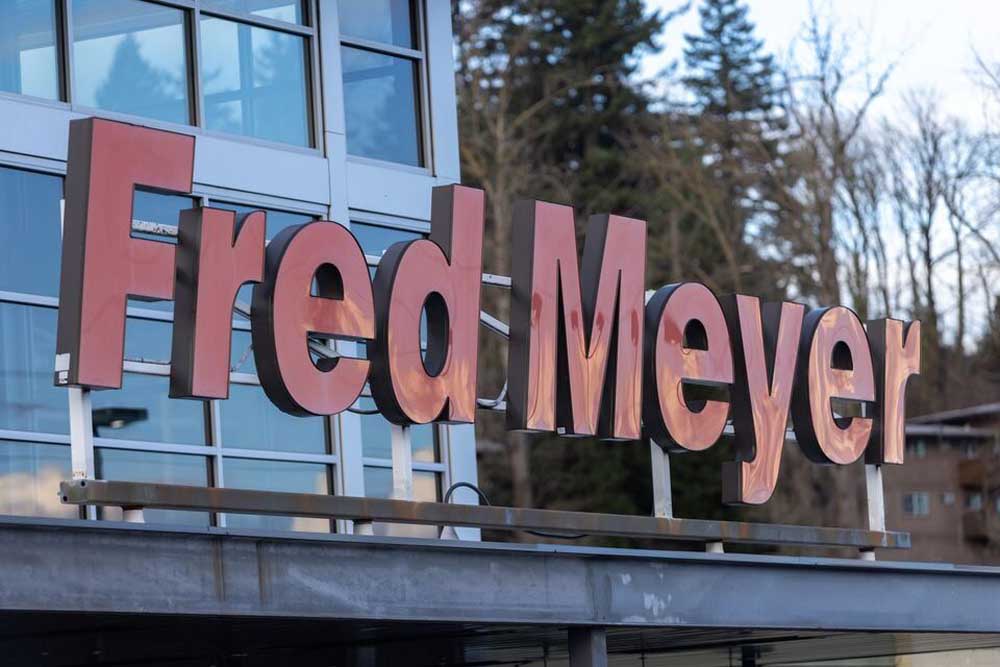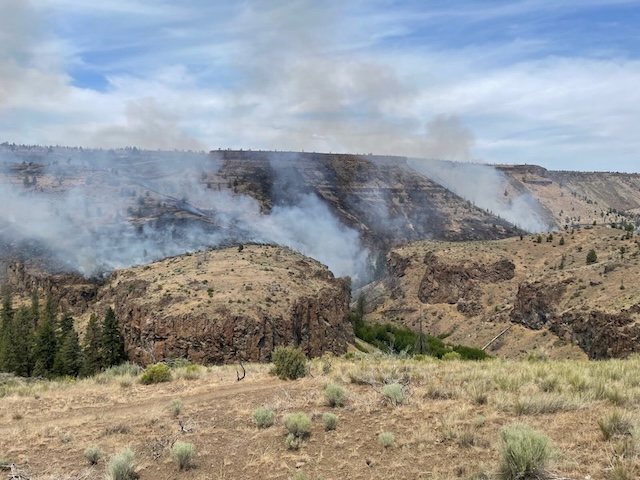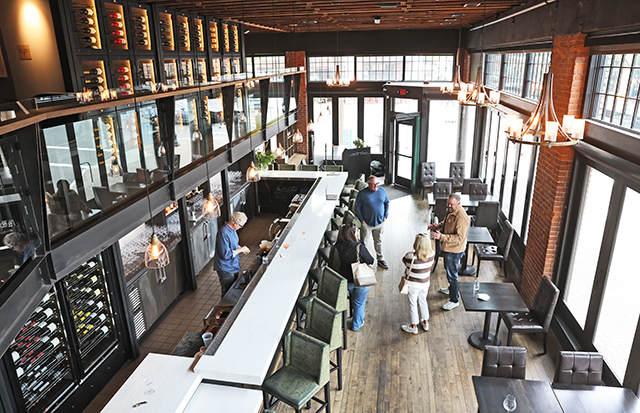Another reason Kroger wants to buy Albertsons: access to millions more customers’ data
Published 1:20 pm Friday, September 13, 2024

- The Fred Meyer sign at the Burlingame location along SW Barbur Boulevard in Southwest Portland.
Kroger’s bid to buy rival Albertsons isn’t just about sales at the checkout stand. It’s also about getting a closer look into millions more customers’ shopping carts.
Primarily through its loyalty programs and online sales, Kroger has scooped up details on customers’ demographics, finances and purchasing history, which it can turn into targeting advertising and finely calibrated efforts to boost sales.
The company’s “alternative profit businesses” — its non-retail segment that includes the leveraging of customer data — generated $1.3 billion in profit last year, accounting for more than a third of the company’s overall operating profit.
Kroger’s proposed merger with Albertsons could further expand its data network. It’s become central to the court case playing out in Oregon over the merger, where Kroger has argued it’s competing against the likes of Amazon, which has access to more shopping data than any company in the world.
Regulators seeking to block the deal also have scrutinized Kroger and Albertsons’ data collection — and have argued its vast combined network could undermine competitors, including the chain that would be created through the merger deal from selling off its redundant stores.
Leveraging customer data has become a crucial growth area for Kroger and retailers over the past few years, Yael Cosset, Kroger’s senior vice president and chief information officer, testified in court this week. Selling customer insights to national brands like PepsiCo and Kraft Heinz offer much higher profit margins than selling groceries, a business where margins are razor thin.
Cosset testified that Kroger has collected 10 petabytes of data on the 60 million households that shop at Kroger stores — the digital equivalent of hundreds of millions of filing cabinets full of paper documents, or a little under half the digital collection managed by the Library of Congress.
A merger with Albertsons would expand the reach of its data operations even further — to at least 85 million households across 49 states.
Kroger uses shopper data — from online purchases, app usage, loyalty cards and credit card transactions — to glean valuable information about each customer’s location and shopping habits.
Cosset testified that Kroger doesn’t sell customer data to consumer brands. Instead, he said the company sells “overall insights of a group of customers.”
But it does sell its own advertising services to those brands, making targeted advertisements like the perfectly tailored coupon bundles that loyalty card users receive in the mail.
Consumer brands like Nabisco, Kraft and General Mills pay retailers like Kroger and Albertsons to advertise their products in mailers, online and in stores — whether through the displaying of goods, signage or discounts.
The merger with Albertsons, Cosset testified, would give Kroger’s e-commerce and loyalty programs nationwide reach. The companies also estimate their combined data businesses would generate just over $1.5 billion in operating profits annually.
Cosset said leveraging that customer insights data for generating revenue is crucial for Kroger to “remain relevant” and to compete with Walmart, Amazon and Costco.
A Kroger spokesperson said some of the revenue from its advertising business are channeled into lowering grocery prices with the goal of attracting more customers.
“The growth of alternative profit businesses like retail media provides Kroger with the resources to invest billions annually to lower prices for our customers,” said spokesperson Erin Rolfes.
Regulators, however, allege that a combined Kroger and Albertsons and their access to troves of customer data would give the supermarket behemoth a competitive advantage over C&S Wholesale Grocers, the New Hampshire-based grocery wholesaler slated to buy 579 stores from Kroger and Albertsons if the merger moves ahead.
Cosset and C&S executives testified C&S would not receive historical customer transaction data and other analytical assets that enable Kroger and Albertsons’ precision advertising.
Mark McGowan, president of retail at C&S Wholesale Grocers, testified earlier in the three-week hearing that his company would build its own “retail media” network after acquiring the slate of new stores.
McGowan added that he estimates it would take the company three years to build out that advertising and analytics platform.
McGowan acknowledged that Kroger today earns “a significant amount” of its revenue from its retail media programs and such analytics and advertising capabilities are an important way for retailers to generate revenue.
“It is a source that retailers will use to fund multiple things,” McGowan said.






